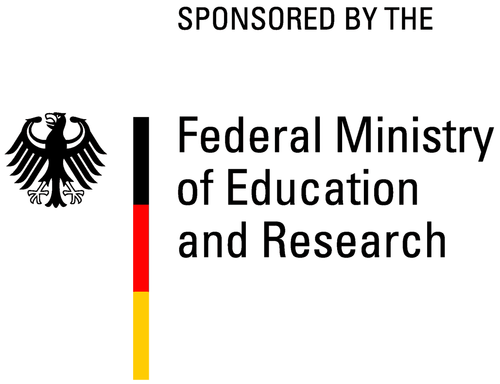Farah Yeganeh

Interweaving Performance Cultures
Fellow 2009/10
Lecturer in Drama at the University of Qom (Iran) as well as a theatre scholar and critic since 1990. She also pursued Theatre Studies at Stockholm University. Her international publications include articles on Iranian female theatre professionals in the Encyclopedia of Women in Islamic Cultures (Brill, 2006) and the Dictionnaire des Créatrices (Paris, forthcoming), articles on Iranian theatre e.g. “Iranian Theatre Festivalized” in TRI (autumn 2005); “Satire and Social Relief in Historical Iran” in The Performance of the Comic in Arabic Theatre – collection of papers for an international conference in Morocco (2004); “Theatre in Iran” in World of Theatre (Routledge, 2003); and the textbook Literary Schools (Tehran, 2003, 2006, 2009). She won the 2008 PSi Dwight Conquergood Award and was a member of the Organizing Committee of the International Conference on Religion and Theatre (Tehran, January 2007). She is a member of the IFTR Executive Committee, a member of its Bursary Committee and the Chair for its new Fund-Raising Committee, established at her own suggestion. She is also a member of the International Association of Theatre Critics, a former member of the ITI Executive Council (2002-2006), the former Secretary General of the ITI Iranian Centre (2001-2004), and a former Board Member of the Iranian Association of Theatre Critics.
Research Project
A Historiographical Study of the Permeation of Western Drama into Iranian Theatre
My research will study the various dimensions and aspects of the emergence of modern theatre in Iran around the turn of the twentieth century. In the Persian language, an overarching concept of theatre did not exist before the arrival of Western theatre in the country. Iranian culture did not clearly distinguish between artistic theatre and other forms of cultural performances such as rituals, spectacles or games. My research will elaborate on Iranian traditional/classical theatrical performances and their specific characteristics and features. Furthermore, it will focus on how Western theatre penetrated into Iranian cultural articles. As the processes of change are multi-dimensional and refer to aesthetic, social, economic and political dimensions, the paper will basically examine the arrival of modernity in Iran as well as its impact on Iranian society of the late Qajar and early Pahlavi eras. The notions, models and definitions of modernity developed in the country at the time will be examined. Upon their return to the country, Iranians who travelled to Europe to be educated in the Western tradition founded a new theatre form based on their exposure to European realistic and psychological theatre, which was received enthusiastically by intellectuals and educated citizens. Lastly, the research will illustrate the features of the newly-emerged theatre. It will be examined whether and to what extent such classical theatrical forms as the Persian Taziyeh have undergone processes of interweaving over the course of the last century.
Selected Publications
-
“Iranian Theatre Festivalized“, in: Festivalising! Theatrical Events, Politics and Culture. Amsterdam: Rodopi, 2007.
-
“Passion and Endeavor for Creation“ (in Japanese), in: Theatre Year-Book 2004: Theatre Abroad. Tokyo: Japanese Centre of ITI, 2003.
